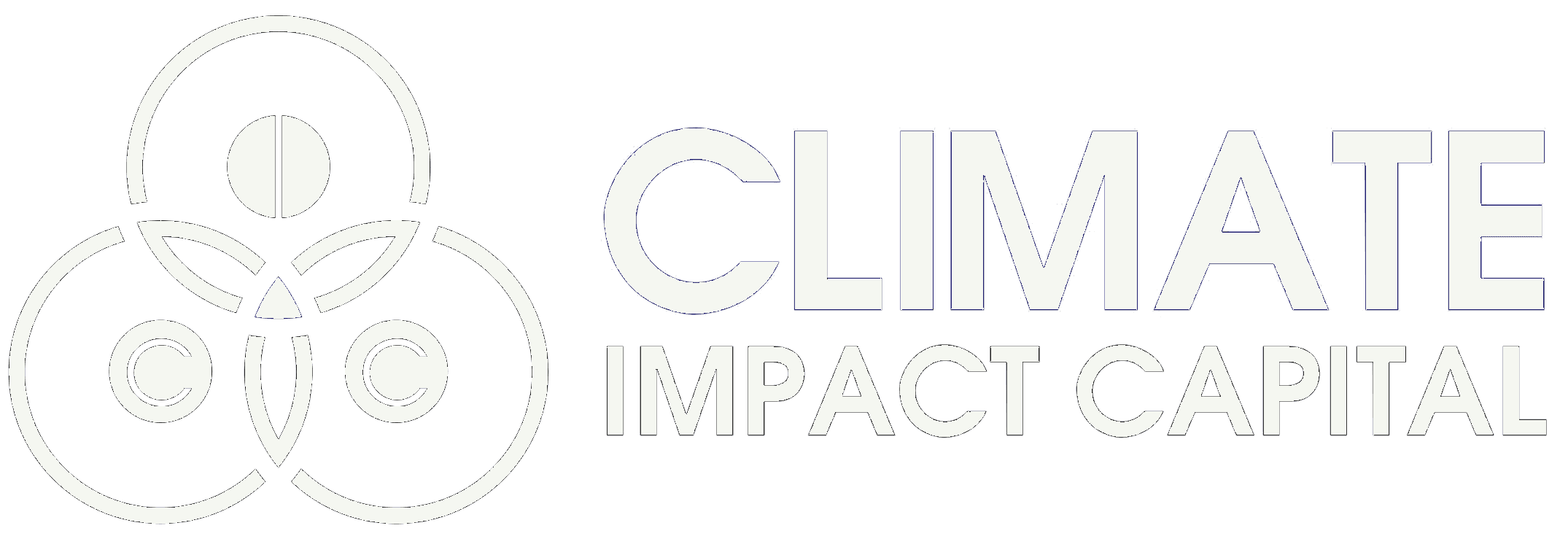The coronavirus outbreak has led to novel attempts at adaptation in the U.S. rooftop solar industry. Most companies are shifting sales online. Others have started giving solar energy away for next to nothing.
Sunrun recently introduced a limited-time offer for a lease contract that costs no money upfront and just $1 each month for the first six months. Sustainable Capital Finance, a California-based financier of commercial and industrial projects, recently unveiled its “Solar Stimulus PPA,” which charges nothing for solar energy for the first year of its 15- to 30-year term.
In the solar industry, where margins are tight and volume is an asset, those rock-bottom prices are unprecedented. But so is the COVID-19 era.
“This is really the first recession that the solar industry will be facing since maturing into a mainstream product,” said Bryan White, a solar analyst at Wood Mackenzie Power & Renewables. “Even Sunrun wasn’t public in 2008.”
Such offerings could be seen as a sign of industry desperation affecting even the market’s leaders. Solar sales have dropped significantly in recent weeks, particularly in the residential sector.
Sacrificing some revenue to sign up more customers may work for companies with the financial muscle to pull through the pandemic. Sunrun is the country’s leading installer of residential PV systems. NextEra Energy, the largest U.S. utility by market capitalization, funds most of Sustainable Capital Finance’s projects.
However, offering exceptionally cheap solar is an impossible tactic for many local and small-volume solar developers and installers battling to stay afloat as their runway of new projects dries up.
Low solar prices may not be enough
The sort of cut-rate offerings being put forward by the likes of Sunrun and Sustainable Capital Finance are designed to replenish their pipelines at a time when deal-making is challenged.
Sustainable Capital Finance has already priced more than 30 commercial and industrial projects using its Solar Stimulus PPA. The financier works with more than 300 installers and developers. CEO Shiraz Madan said the contract structure allows Sustainable Capital to disburse money to installers and developers earlier than usual, even as some permitting remains stalled.
“We introduced a solution to not only incentivize energy consumers to act quickly so that we can get further ahead in the queue once permitting is opened up again, but we’ve also given them a mechanism to alleviate energy spend in that first year, which they can then use toward operating capital,” said Madan. “We wanted to give them a little bit more hope, and not lose all momentum in the industry.”
Sunrun is offering its $1 per month deal only through April, in all of the states it operates and for both solar and solar-plus-storage installations. For the first six months of the contract, customers will get credits on their regular bill, leaving just $1 to pay. Alternatively, customers can elect to receive a cash gift card of $1,000 to $1,250 for solar-and-storage systems and $500 to $1,000 for solar-only installs. In the seventh month, the price will kick up to its normal level.
Mike Sachdev, Sunrun’s head of product, said the deal provides an “additional bit of comfort” for customers signing onto a long-term product during an uncertain time.
The industry’s challenge is not a lack of demand, Sachdev said, but rather the inability to reach customers in the traditional ways, such as door-to-door sales. “You don’t have customers shopping for things in the way they used to, but I see that as very different from the softening of demand,” he added. “We are still seeing good interest in our product.”
Such offerings could pull in customers who were already considering solar before the pandemic. But analysts are skeptical additional savings alone will convince new customers to go solar amid a pandemic. Solar leases and power-purchase agreements have long promised to save customers money.
Sunrun has argued that solar could be “countercyclical” to the downturn because it offers customers savings. The publicly listed company declined to comment on whether its sales have changed over the past several weeks (Sunrun reports earnings on May 6).
“If it was truly just about price, we would see further adoption beyond what we’ve seen today,” said WoodMac’s White. “It’s not just about the price; it’s a lot of other confounding factors.”
Lasting impact on commercial and industrial demand?
Solar companies will struggle to claim the attention of consumers as the coronavirus crisis continues. Though White acknowledged pent-up demand for residential solar, he said the overall economic picture — evidenced by tens of millions of Americans filing for unemployment since late March — outweighs that dynamic.
“People are worried about their jobs, worried about their families,” he said. “They’re not necessarily thinking about things that seem to be a luxury product, like solar — even ones that are offering immediate savings.”
If the economy tightens further, analysts don’t expect consumers to rush back to buying solar soon (despite some signals that the demand crunch is letting up, albeit marginally).
Sustainable Capital Finance has felt the impact of the pandemic most acutely through work stoppages and slowdowns, Madan said. Halted permitting and construction could impact 10 to 30 percent of the company’s 200-megawatt pipeline.
Many companies have paused noncritical operations, which includes signing up for renewables purchases. Even after the COVID-19 outbreak begins to wane, C&I customers may be slow to return their attention to solar energy. Some may not require as much electricity, with workers continuing to telecommute. Many of those companies will also have taken a hit to their credit rating; though Sustainable Capital works with unrated and rated offtakers, Madan acknowledged that the pool of potential C&I customers is likely to shrink.
Due to the lingering impacts of the coronavirus, Sustainable Capital plans to keep its $0 product around for the foreseeable future. With NextEra’s support, the company has that luxury. Most other solar companies do not.
“Right now, there is an extreme cash flow problem for some of these smaller installers,” said White. “That is the big industry issue.”

